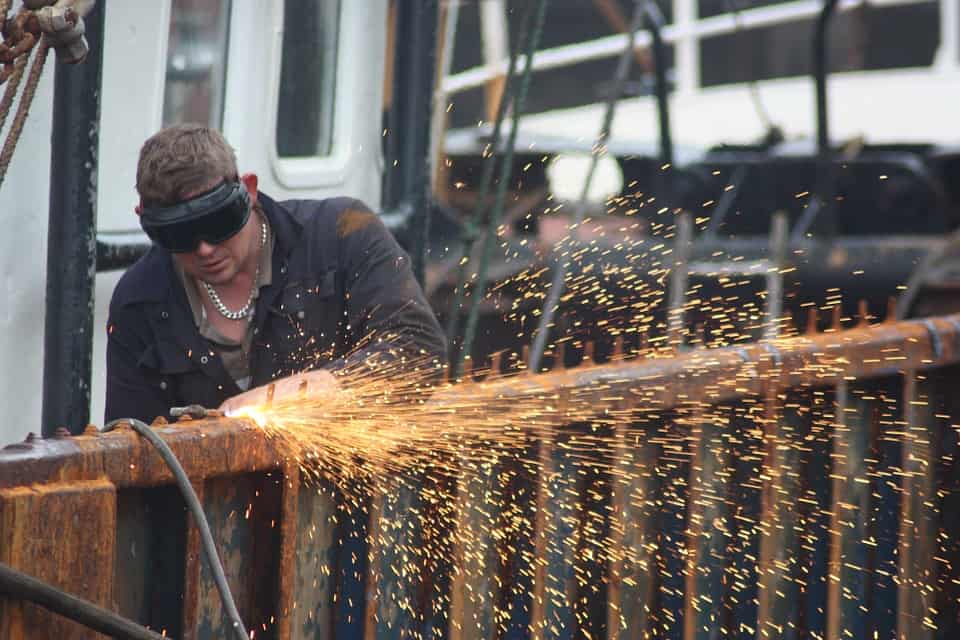San Diego Longshore Act Benefits Lawyers
There are thousands of commercial vessels that come into the Port of San Diego every year, making it easily accessible for send and receive cargo, as well as a popular place to set sail one of the many cruise ships. Hence, the men and women who work along the docks put their lives on the line to make sure that the ships that come in and out of this port run smoothly and that the port stays uncongested, despite any dangerous work conditions that were overlooked.
The Longshore and Harbor Workers’ Compensation Act (LHWCA), or Longshore Act, is designed to protect dockworkers that are injured or killed while performing their duties on land. Because of the complicated laws that constrain longshoremen, filing a compensation claim can be a difficult and time-consuming process. Fortunately, the San Diego LHWCA Lawyers can help you get the benefits you need and deserve.
The Laws Governing Dock Laborers Are Extremely Complicated. If You Are Injured Either at Sea, the Longshore and Harbor Workers’ Compensation Act Entitles You To Benefits. Our LHWCA Lawyers are Here to Help.
The Port of San Diego is a frequent stopping ground for cargo and cruise ships because of its proximity to open ocean and lack of shipping congestion. Thousands of workers line these docks every year to make sure the ships the come in and out of these ports operate properly. Though there are high standards for the upkeep of these docks, sometimes accidents happen.
The Longshore and Harbor Workers’ Compensation Act (LHWCA), commonly referred to as the Longshore Act, was designed as a compensation plan that covers maritime workers or dock workers who are disabled or killed in a land-based injury.
Longshoreman and dockworkers usually do not qualify as seamen and therefore cannot receive benefits of the Jones Act.
Who is Covered?
- Longshoremen
- Harbor Workers
- Ship repairmen
- Shipbuilder
- Ship-breakers
What Benefits are Available?
- Medical – includes all medical expenses and the cost of travel to receive treatment. It also includes the cost of rehabilitation.
- Disability –payable for disabilities that are permanent total, temporary total, permanent partial, or temporary partial. Compensation is paid at a lesser rate if the employee is only partially disabled. (Disability means that the maritime worker cannot earn wages while injured.)
- Death-paid to a widow or widower or other eligible survivors if the injury causes the employee’s death. Reasonable funeral expenses are paid, up to a maximum of $3,000.
Maritime workers and longshoremen can also claim coverage for illnesses caused by certain jobs. For example, For example, workers exposed to toxic chemicals in the course of their job may claim benefits for chronic conditions caused by illnesses linked to toxic exposure.
How Much Will I Receive?
The minimum rate of compensation is 50 percent of the national average weekly wage or the employee’s full wage if less. The maximum compensation rate is 200 percent of the current national average weekly wage as determined by the Secretary of Labor.
What Should I Do If I am Injured?
- Notify your employer immediately. Written notice of your injury or death must be given within 30 days of the accident.
- Seek medical assistance for your injury.
- File a written claim for compensation within one year after the date of injury. A claim for survivor benefits must be filed within one year after the date of death. The time for filing claims in certain occupational disease cases has been extended to two years
It is important to act quickly; otherwise, you may lose your chance to get the compensation you deserve. The laws governing longshoremen and harbor workers are extremely complicated and often require a qualified, experienced, and knowledgeable maritime attorney.…

